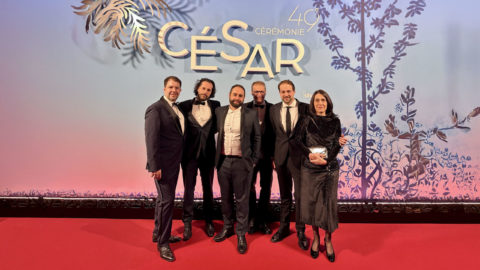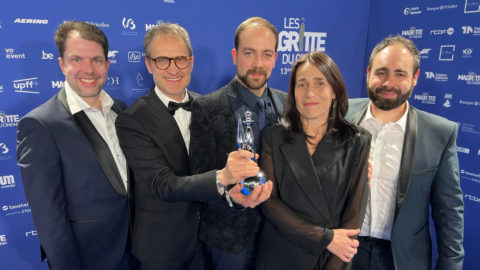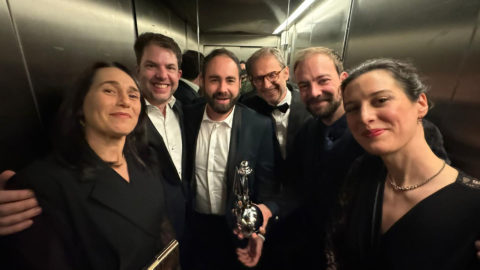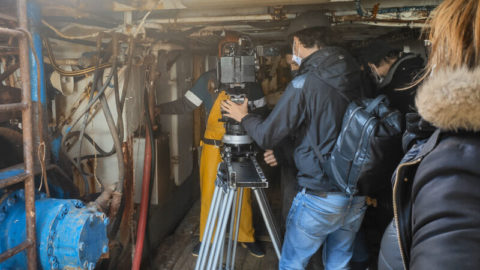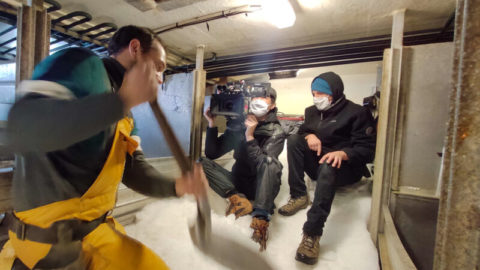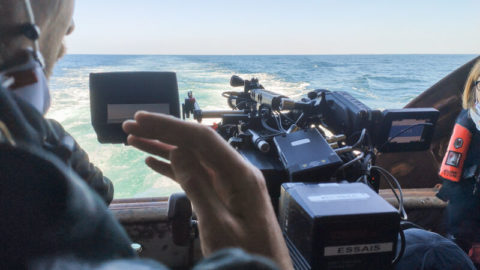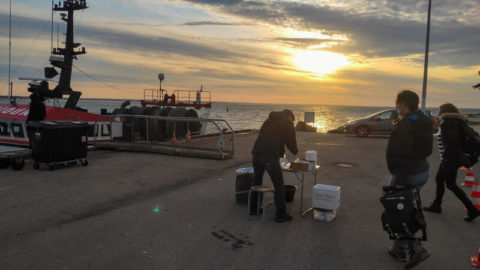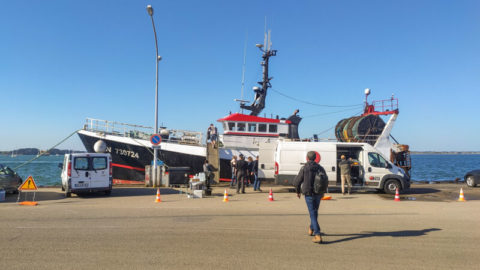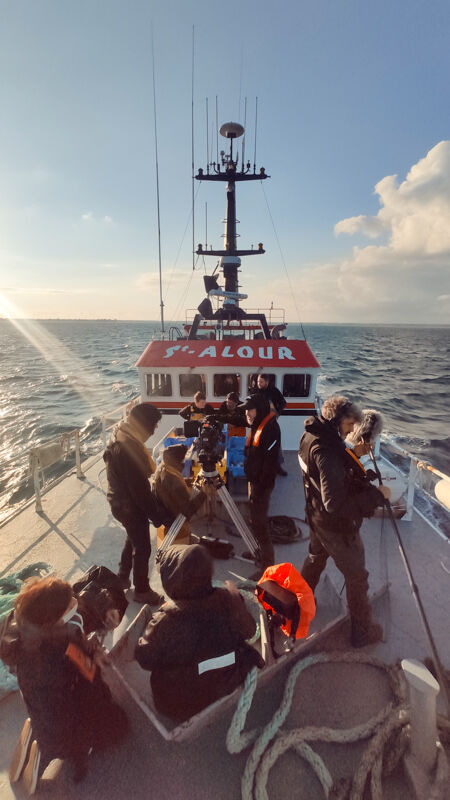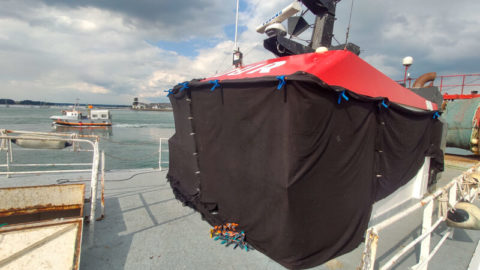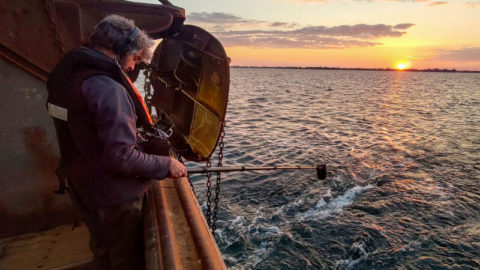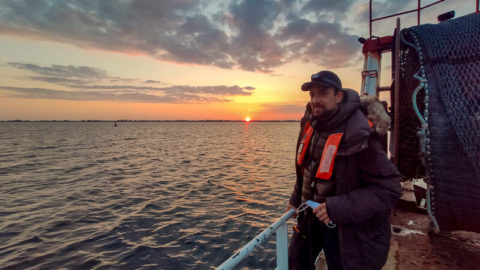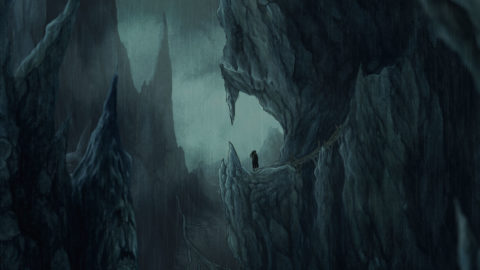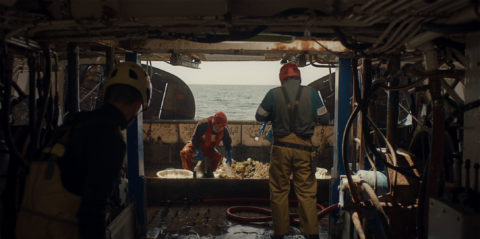
The Silent Ones
Les Silencieux
Les Silencieux was our first collaboration with Basile Vuillemin. Shot in Brittany, in Loctudy, during the height of the COVID crisis, the short film travelled to festivals all over the world!
Synopsis:
Aboard the Perman-Elk, five men set out on a ten-day fishing trip, bound by a professional camaraderie that one might almost envy. Amid the deafening noise of the boat, the sailors understand each other without speaking — a well-oiled machine. And though the catch is poor, the men give it their all, stubbornly.
Until Jorick, the future owner of the Perman-Elk, opens his captain’s eyes, confronting him with a heartbreaking choice: accept the near-inevitable bankruptcy looming ahead, or gamble on a risky, fraudulent move that might save the season — at the risk of losing the boat altogether…
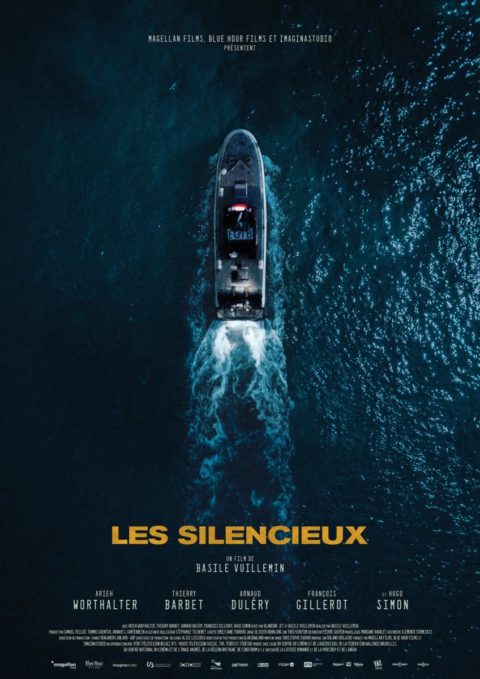
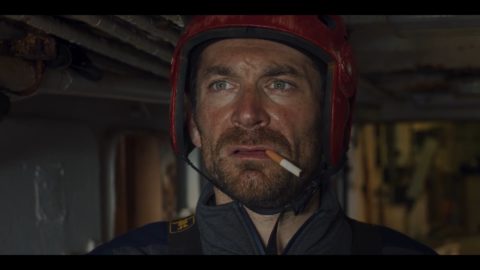
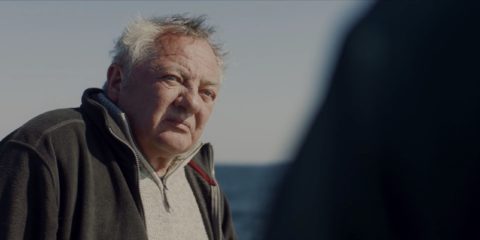
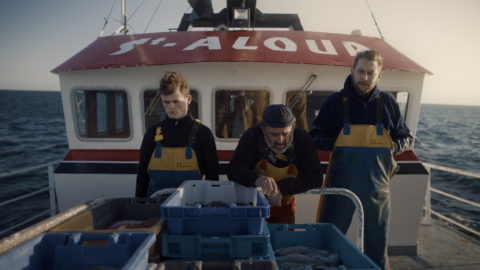
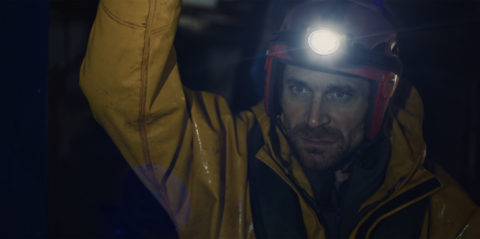
In the extraordinary arena of fishing, we discover men burdened with a mystery that both overwhelms and fascinates us. They must love this job—unconditionally—to endure its extreme conditions: unbearable hours, broken sleep, a near non-existent life on land, and a life at sea stripped of all comfort.
There is a certain nobility in choosing such a radical life path, but the sheer level of sacrifice cannot be explained by profit alone. It speaks to a unique worldview—a distinct way of seeing one’s place in the world.
When asked, the fishermen admit it themselves: they have no life.
And yet, all say they wouldn’t trade it for anything in the world.
From early on, the driving force behind the writing was our desire to pierce the shell behind which these men hide. To seek out what moves them deep down. To probe the sensitivity of these taciturn sailors—men whose scarred faces seem forged by an unshakable strength.
With Jorick, we tell the story of a man who is viscerally attached to the trawler where he has spent more than half his life. He is a vital organ of the vessel—and the boat itself feels like a part of him. It is he whom the captain has chosen as his successor.
The idea of transmission is fundamental in this trade. Jorick may not be Jean’s son, but he carries the full weight of that symbolic inheritance. For him, fishing is a reason to live.
Returning with empty holds is not just an economic threat—it’s an existential rupture. If the boat is sold, he loses not only his chosen way of life but a family member. He must defend the boat like his own child, flesh of his flesh.
But the painful decision to poach isolates him, cracking the delicate balance needed for the crew to function. Unable to escape the situation, the other sailors become trapped, unwilling participants in an illegal expedition. A floating prison.
What interests us in this story is the question of survival through transgression.
We wanted to confront two intersecting forms of migration—two kinds of illegality that mirror and challenge each other: on one side, the men, women and children who break inhuman laws, born of a Western world driven by fear of the other. On the other, fishermen who defy the law for another kind of survival—that of their trade.
A trade originally meant to feed humanity. Their transgression unintentionally makes them fishers of men. In their nets: death—right in the middle of life-giving waters. Overfishing itself carries the same message of death. By depleting the resource, humanity is sealing its own fate.
So what kind of survival are we talking about?
Is the value of all life truly respected? How do we live with our role as powerless witnesses? How do we live with that?
